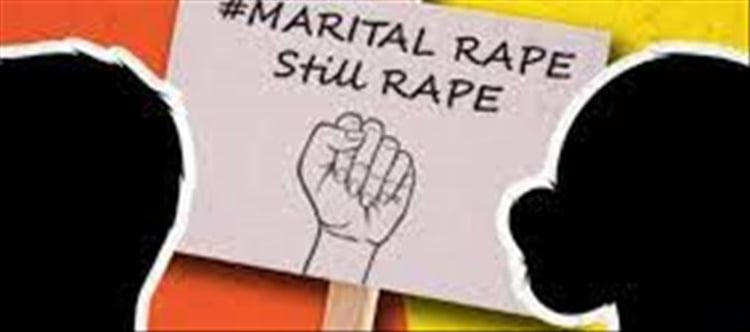
Without question, marital rape violates women's fundamental rights. particularly the rights outlined in the Constitution's Articles 14 and 21. The feminist movement of the 19th century sparked the first conversation on marital rape. The husband's right to have sexual relations with his spouse was contested in the American women's rights movement. It was opposed by numerous suffragists, including Lucy Stone and Elizabeth Cady Stanton. john Stuart Mill and Harriet Taylor, two british liberal feminists, criticized the law for having two different standards when it came to marital rape. When Emma Goldman and Voltairine de Cleyre, the spokeswoman for the Free love campaign, joined it, the campaign gained momentum.
Publisher and women's rights activist Moses Harman of Kansas was imprisoned over an article he authored advocating for laws to stop marital rape. In his 1929 book marriage and Morals, Bertrand Russell—who won the Nobel prize in Literature in 1950—bemoaned the state of married women. Marital rape was deemed a violation of human rights by the United Nations for Human Rights in 1993.
When will legislation be made given the availability of data?
This is where the Unites Doctrine, also known as "Anviti Siddhant," best fits in. This idea holds that men and women become one person in the eyes of the law after marriage, blending their identities. However, the question remains as to how a woman can obtain justice if her existence is not defined as independent after marriage. How will it be determined that his yes and no matter in a married existence as well?
Women are seen as an honor for the family and community in indian culture. Since the rape of a woman is considered the kidnapping of a man's dignity, it is still socially unacceptable for a husband to rape his wife. When will the nation pass legislation against marital rape? In such a situation, when will Articles 21 (right to life and personal liberty) and 14 (right to equality) be upheld?




 click and follow Indiaherald WhatsApp channel
click and follow Indiaherald WhatsApp channel